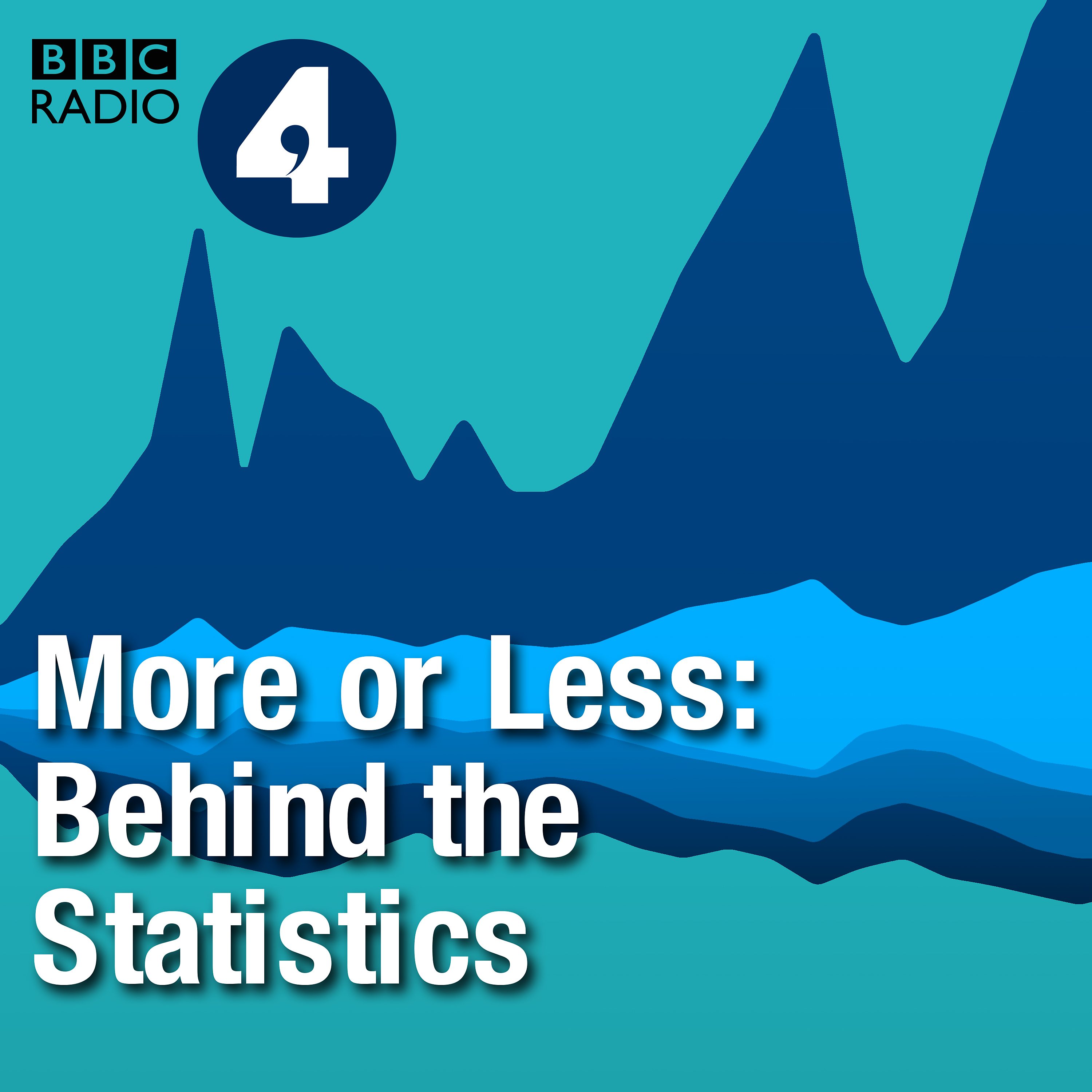
Did Mussolini make the trains run on time?

More or Less: Behind the Stats
Deep Dive
Why did Mussolini claim he made the trains run on time?
Mussolini's regime used the claim as a public relations tool to portray him as a modernizer and a leader who could make Italy efficient and great. Trains were crucial for moving goods and people, so an efficient railway system symbolized a competent nation.
How did Mussolini's regime manipulate the perception of train punctuality?
Mussolini focused on ensuring that tourist trains, which were often used by foreigners and wealthy individuals, ran on time. This created a positive impression among visitors, who would overlook the regime's other negative aspects and spread the narrative of efficient train service.
Were the statistics about train punctuality under Mussolini reliable?
No, the statistics were unreliable due to extreme censorship and manipulation by the regime. The Bureau of Statistics, established by Mussolini, produced doctored numbers to fit the regime's propaganda, as pointed out by anti-fascist economist Gaetano Salvenimi.
What improvements did Mussolini actually make to the railway system?
Mussolini invested in infrastructure, electrified railways in certain areas, and inaugurated direct lines like the one between Bologna and Florence in 1934. However, these improvements were selective and did not benefit the entire country, particularly the south.
Did Mussolini make all trains run on time?
No, Mussolini only ensured that trains of interest to his public image, particularly those used by tourists and important figures, ran on time. Everyday Italians experienced delays on local and less prioritized lines.
Shownotes Transcript
“Say what you like about Mussolini but he did make the trains run on time.” This phrase is the political equivalent of “every cloud has a silver lining” – but does it have any factual basis?
Mussolini’s dictatorship in Italy was full of atrocities, brutal suppression and propaganda. Did it also create a more efficient railway network?
We speak to Professor Ruth Ben-Ghiat about the truth of the claim and why the Mussolini regime wanted us to believe it.
Presenter: Lizzy McNeill Producer: Lizzy McNeill Researcher: Esme Winterbotham Series Producer: Tom Colls Editor: Richard Vadon Sound Master: James Beard Production Co-ordinator: Katie Morrison.
Image: Benito Mussolini in his train studying maps. (Photo by ullstein picture/ullstein picture via Getty Images)